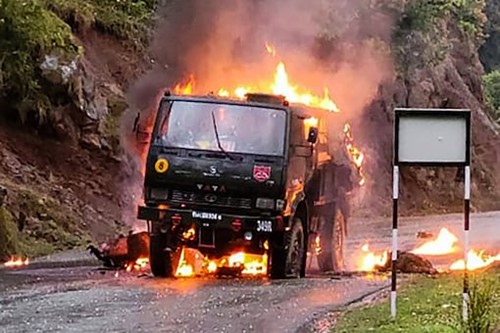
The Poonch Terrorist Attack Has Big Strategic Implications
 Sat, 22 Apr 2023
| Reading Time: 5 minutes
Sat, 22 Apr 2023
| Reading Time: 5 minutes

On 20 April 2023 a convoy of vehicles of the Army was targeted by terrorists between Bhimbar Gali and Poonch in the Jammu region. One Army 2.5-ton truck was struck with grenades and small arms, causing casualties and setting on fire the vehicle resulting in the personnel travelling being unable to evacuate. A total of five jawans of the Rashtriya Rifles were killed in the line of duty. That an incident was in the offing was not entirely unexpected, given the state of things in Pakistan. Down to its knees economically, Pakistan is just about surviving as a nation. However, the longevity of its current government is dependent on the projection of spooky threats from imagined quarters. The Pakistan Government stated to the Supreme Court that Pakistan faced cross-border terrorism, instability in the country, threats from the banned Tehreek-e-Taliban Pakistan (TTP), the Islamic State (IS) fighters returning to Pakistan from several countries, the “ill-designs of the Indian spy agency” and “even an all-out war” with the neighbouring country. That is the reason it spelt out the request for postponement of elections from May to Oct 2023. However, for the attack at Poonch it has to bear responsibility as India does not consider separate entities within Pakistan as being responsible for themselves but for Pakistan as a state.
Was it seeking an Indian reprisal which surely would have come if the threshold of the attack was perhaps higher. On the Rajouri-Poonch route Army convoys also have buses carrying troops and any of them could have been targeted through such an attack, causing many more casualties. Here in this sector, there can be no resort to fixed wing aircraft to ferry troops as no usable airfields exist, so it’s only through vehicular convoys that all movement has to take place; much less scope for that kind of controversy. A Balakote type of response by India would be taken as sufficient grounds to push back the elections which the Pakistan Democratic Movement government is trying to postpone from May to Nov this year. It lives in the hope that time may help the government to recover the economy and thereby win the election.
This terror attack may appear smaller and less significant. It has, however, much greater strategic implications because of the timing. First is the message that Pakistan and all its cohorts wish to convey – that the proxy war is only temporarily in suspense and it will return with vengeance. Second, within Pakistan there is a segment which is getting to look at India with a kindly eye in view of the people’s antipathy towards their own leadership and army. The detractors of any Indo-Pak bonhomie wish to quell such sentiments. Drawing an Indian reprisal which they probably surmise also cannot go beyond a threshold, could be their desire. That would help in triggering more anti India sentiment in Pakistan. Third, to rump anti national elements within J&K and the existing terrorist strength the message is clear – ‘more will happen and do not lose hope’. There are major lessons for Indian security managers. None must get carried away by the rhetoric of normalcy in J&K. Yes, J&K is far more stable than it ever was but to assume that the J&K problem is virtually behind us is poor strategic perception. We can notice a creeping hand of terrorism in the Pir Panjal South. The BG-Surankot-Poonch route lends itself to terror strikes because of the existence of the Hilkaka tracts in the Pir Panjal where the Indian Army launched Operation Sarp Vinash in 2003. Towards the end of 2021 too we had witnessed such deadly attacks in the Rajouri-Poonch sector. In recent times Rajouri saw the death of seven civilians at the hands of terrorists at Dangri village on the first two days of 2023.
By 2010 or so the Army’s Northern Command had largely managed to quell the terror activities south of the Pir Panjal range and its grid was diluted to some extent with some extra formations being sent back to their original stations in the North East. The strength was adequate to prevent a resurgence although efforts were many by the terror groups and their sponsors. It’s the dilution in the second phase, the forced necessity of sending some troops from here to Ladakh, which has probably reduced the density of the grid. High density presence of troops ensures patrolling activity and domination or simply showing the flag. The lower presence of troops may have tempted the Pakistani sponsors to take advantage and strike here more often as against the Kashmir Valley where the counter terrorism grid is much stronger. However, these arguments can be as good as the next strike which could well be in the Valley where ten convoys ply everyday and these are of the Army alone. In addition, there are CAPF convoys too.
There can be no doubt that our efforts of outreach to the people have provided them the wherewithal to look upon India as their nation. However, a very large number of people still sit in the grey zone – the cusp of their integrity to India. To imagine that Pakistan will give up its activities and sponsorship because we have doubled our efforts to go to the people would be entirely wrong. Pakistan’s networks have taken a beating, but the rump elements of its various arms could trigger resurgence, if not controlled. A resurgence to a much higher threshold is not easy but Pakistan’s efforts are unlikely to be called off.
The strategic timing of this strike needs a special analysis. The G20 Tourism Meeting is slated for May 22-24 this year, at Srinagar, J&K. That obviously rattles Pakistan as it gives India greater opportunity to showcase normalcy and level of integration in Kashmir. It would want this put off and never be held there. In addition, Pakistan Foreign Minister Bilawal Bhutto has confirmed that he will attend the Shanghai Cooperation Organization (SCO) Foreign Ministers Summit at Goa on May 4-5. If India disinvites him for the Goa Summit due to the recent incident, Pakistan will have grounds to complain to the international community. India could then be placing itself in an awkward position as the host, in an organization which has the Chinese stamp all over it. Can India prevent a member country from attending an SCO summit, the latter being a multilateral platform? This remains unclear but no doubt India’s Ministry of External Affairs would shortly have the answers. Bhutto will probably attempt to extract maximum advantage to embarrass India. His absence or presence at Goa could both be considered as an advantage Pakistan. With his absence the SCO would be in dire straits about the legalities. By his presence he could cock a snook and state what he wishes on Indian soil. Of course, an Indian exit from SCO on the grounds of Bhutto’s attendance is hardly warranted.
The Poonch attack has undoubtedly placed India in a foreign policy dilemma which will need to be resolved in the next few days and some major decisions taken. Yet for now, it is important to ensure that Pakistan’s deep state does not cause embarrassment to India at crucial foreign policy moments, like it happened with the Chittisinghpura massacre on 19 Mar 2000 during the visit of President Bill Clinton to India. We need to war game some hard options should there be repeat attempts to target our troops in the rear areas. In reality, Pakistan is not in a position to fight its own terrorists. In its own interests it should desist from creating situations which could clearly be to its detriment.
Disclaimer
The opinions expressed in this article are the author’s own and do not reflect the views of Chanakya Forum. All information provided in this article including timeliness, completeness, accuracy, suitability or validity of information referenced therein, is the sole responsibility of the author. www.chanakyaforum.com does not assume any responsibility for the same.
Chanakya Forum is now on . Click here to join our channel (@ChanakyaForum) and stay updated with the latest headlines and articles.
Important
We work round the clock to bring you the finest articles and updates from around the world. There is a team that works tirelessly to ensure that you have a seamless reading experience. But all this costs money. Please support us so that we keep doing what we do best. Happy Reading
Support Us





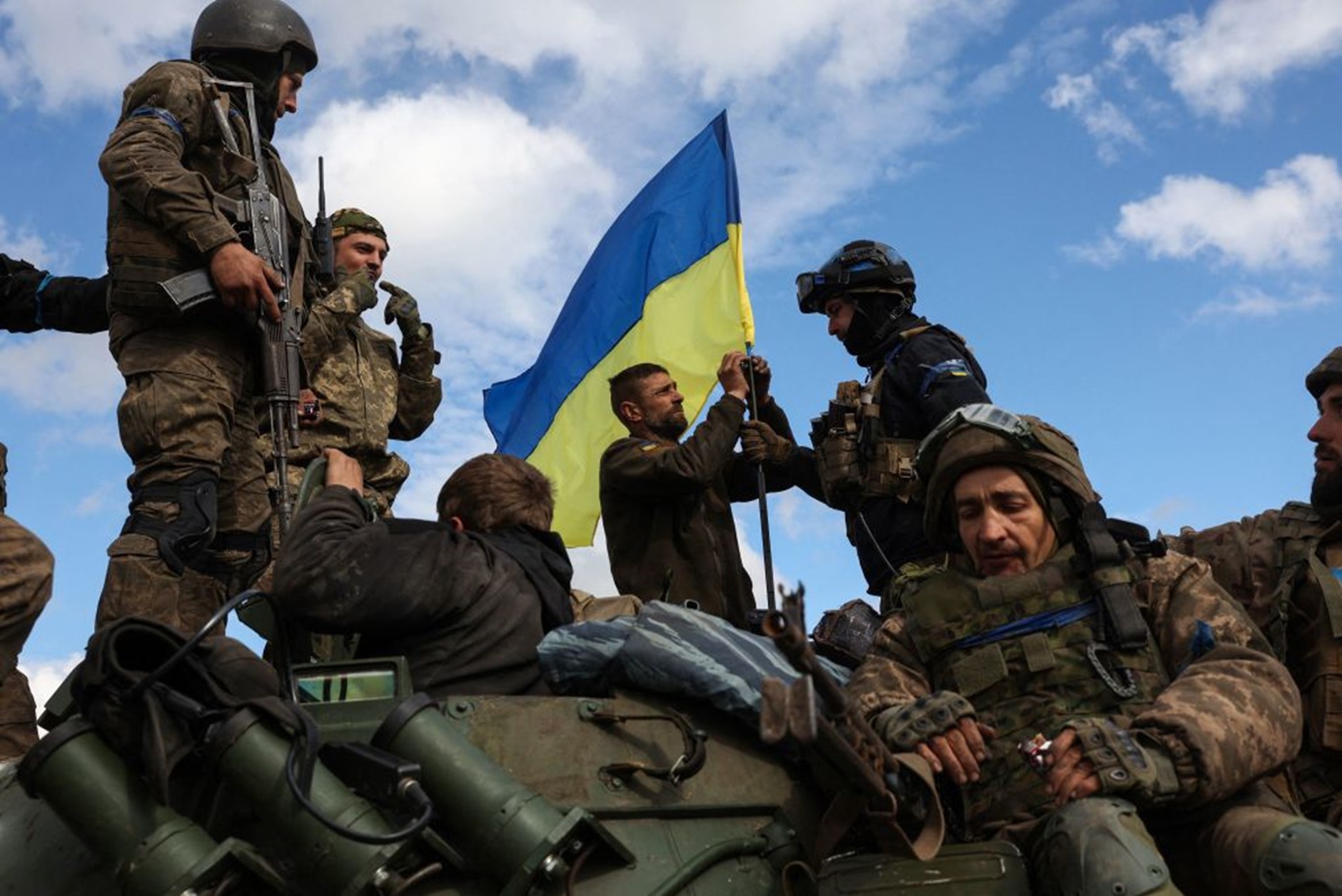
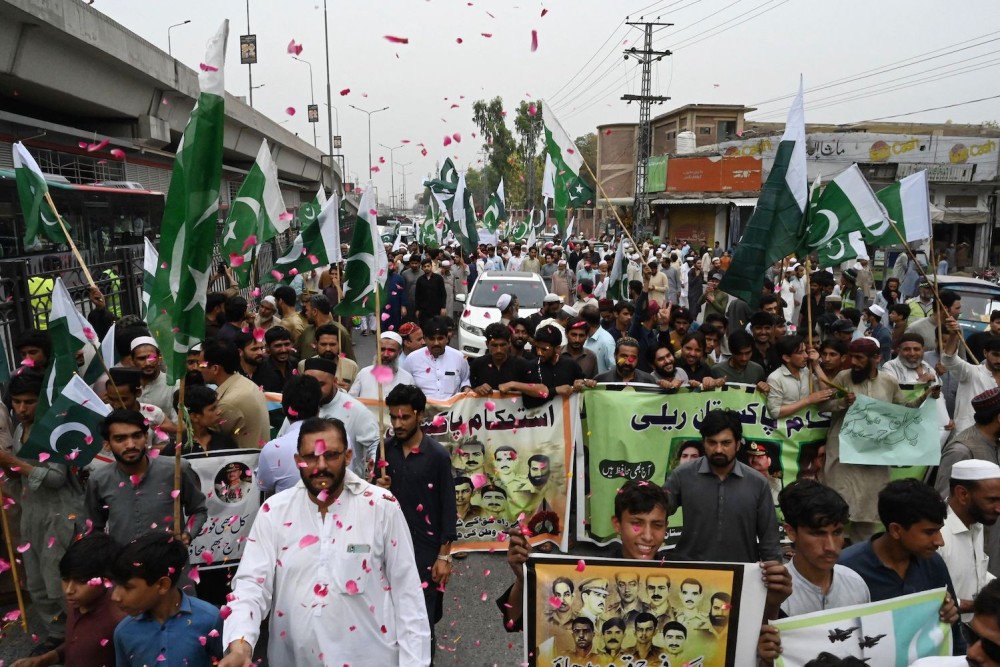
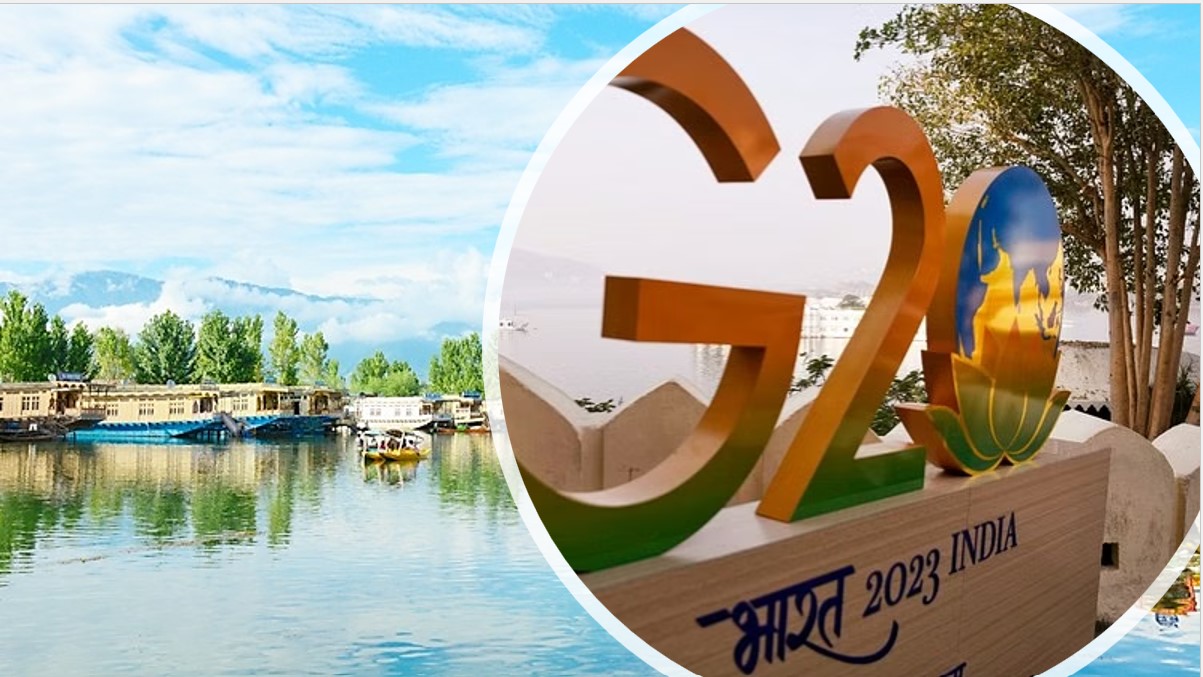
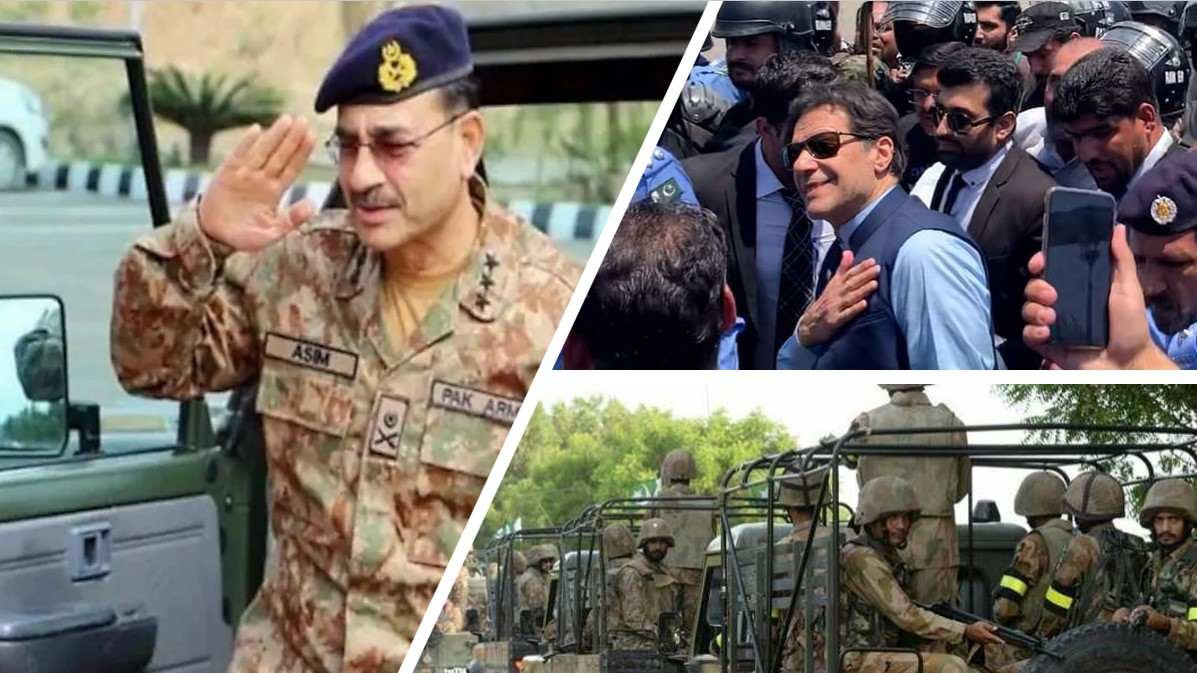
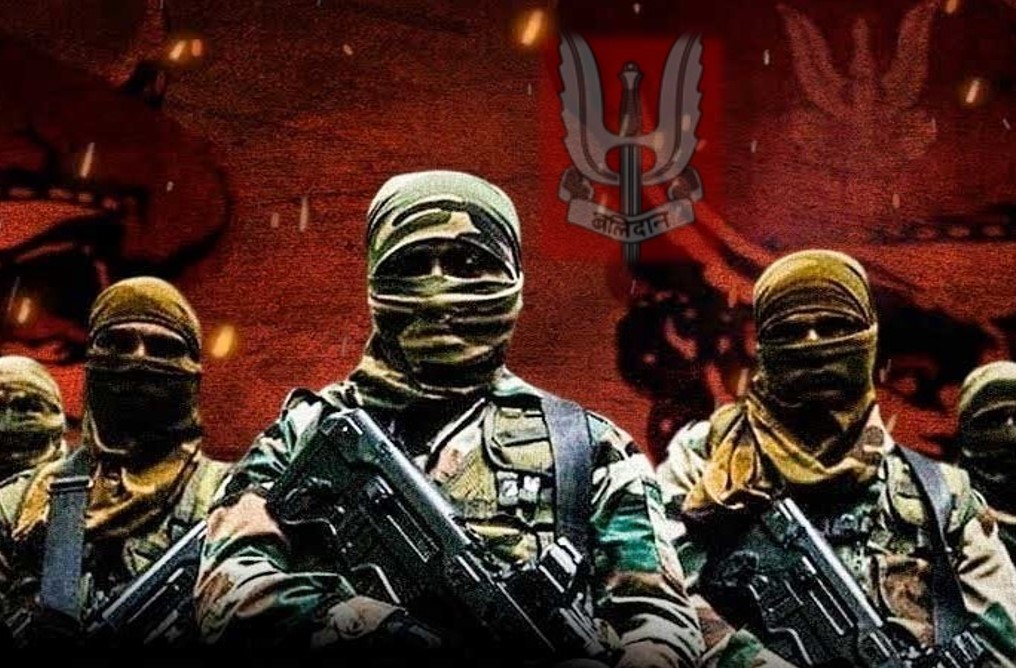
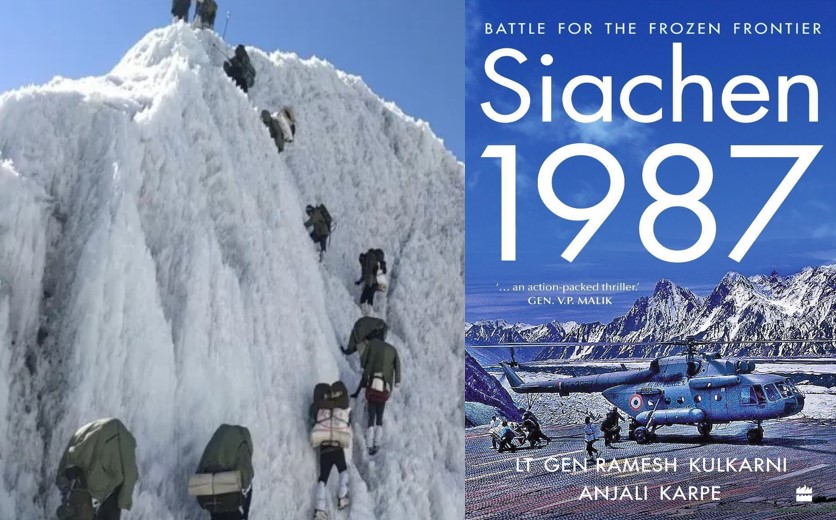
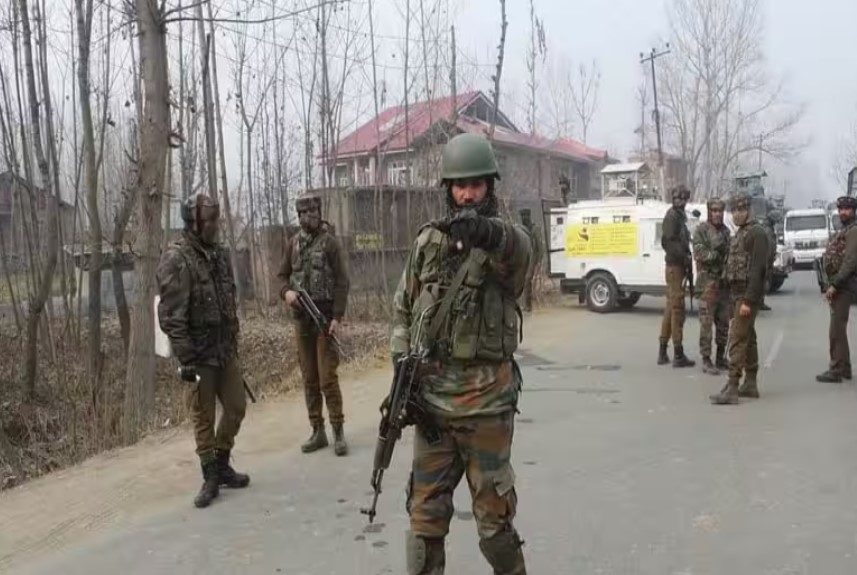
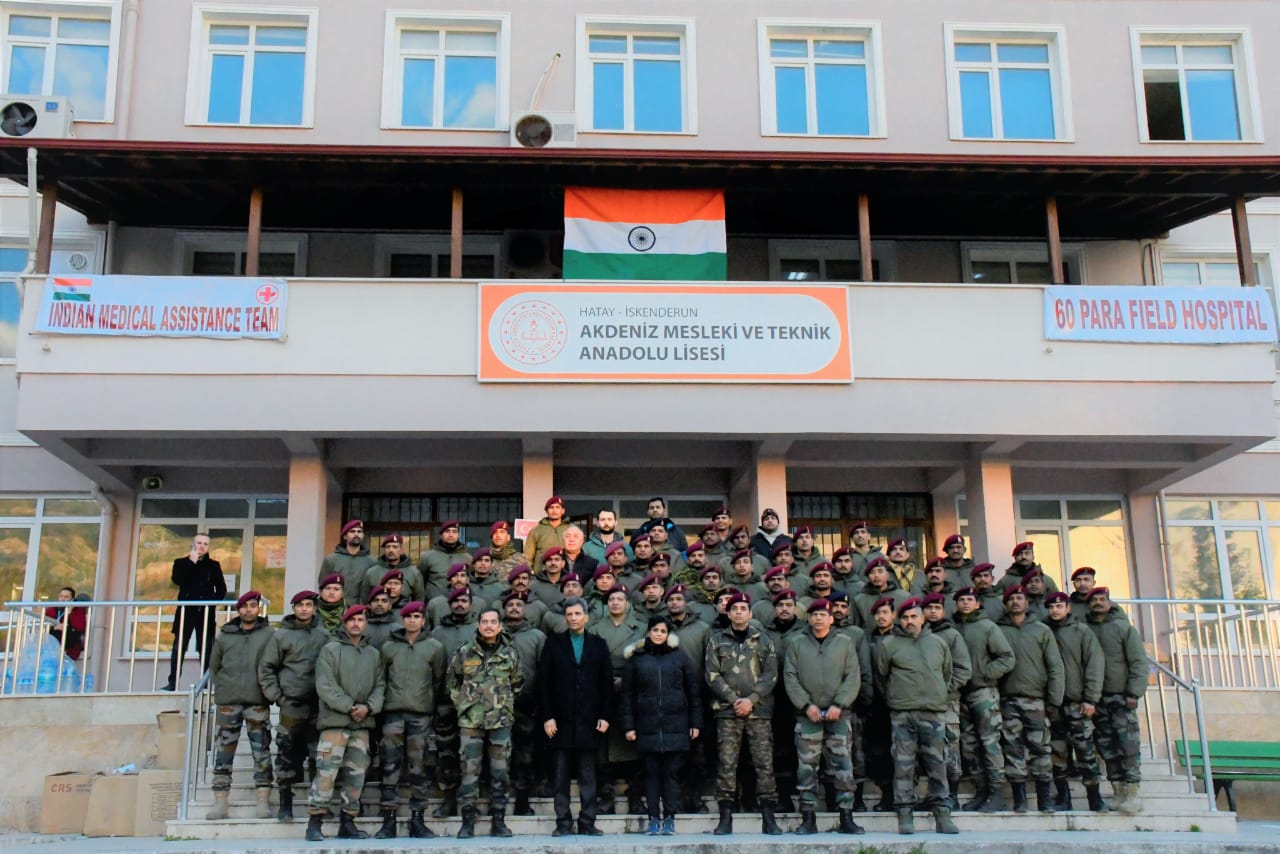
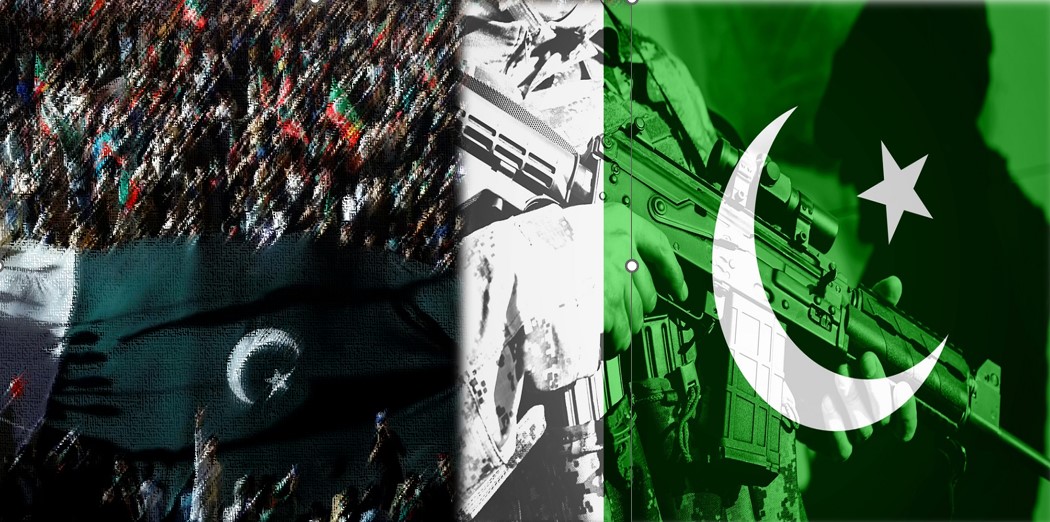
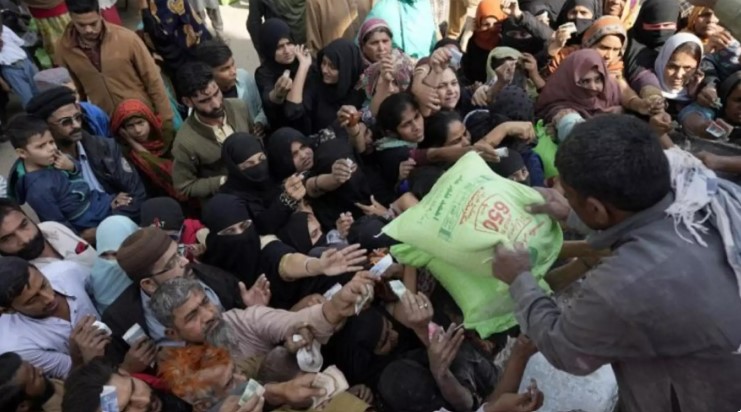






POST COMMENTS (2)
Kalidan Singh
Indie Doc